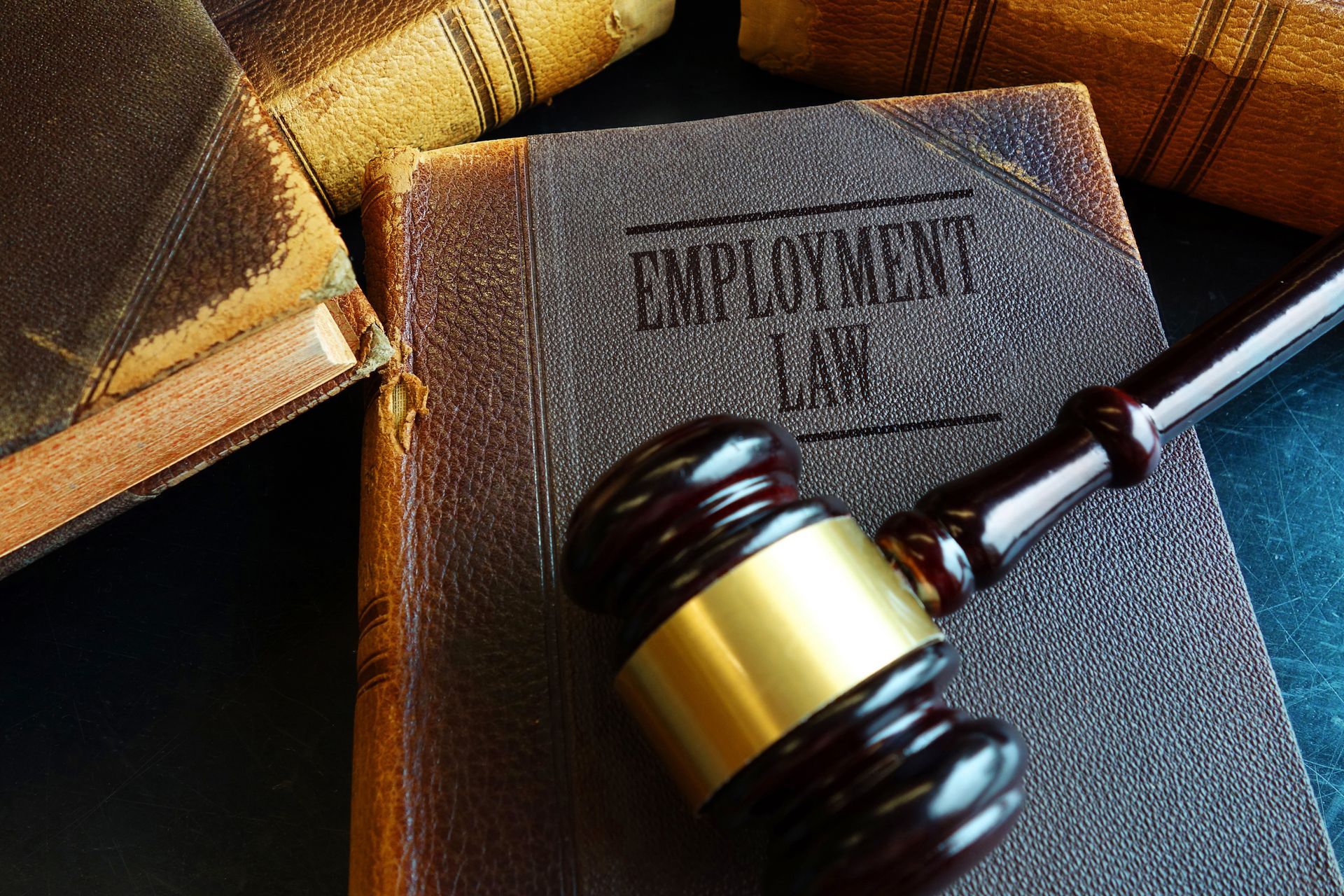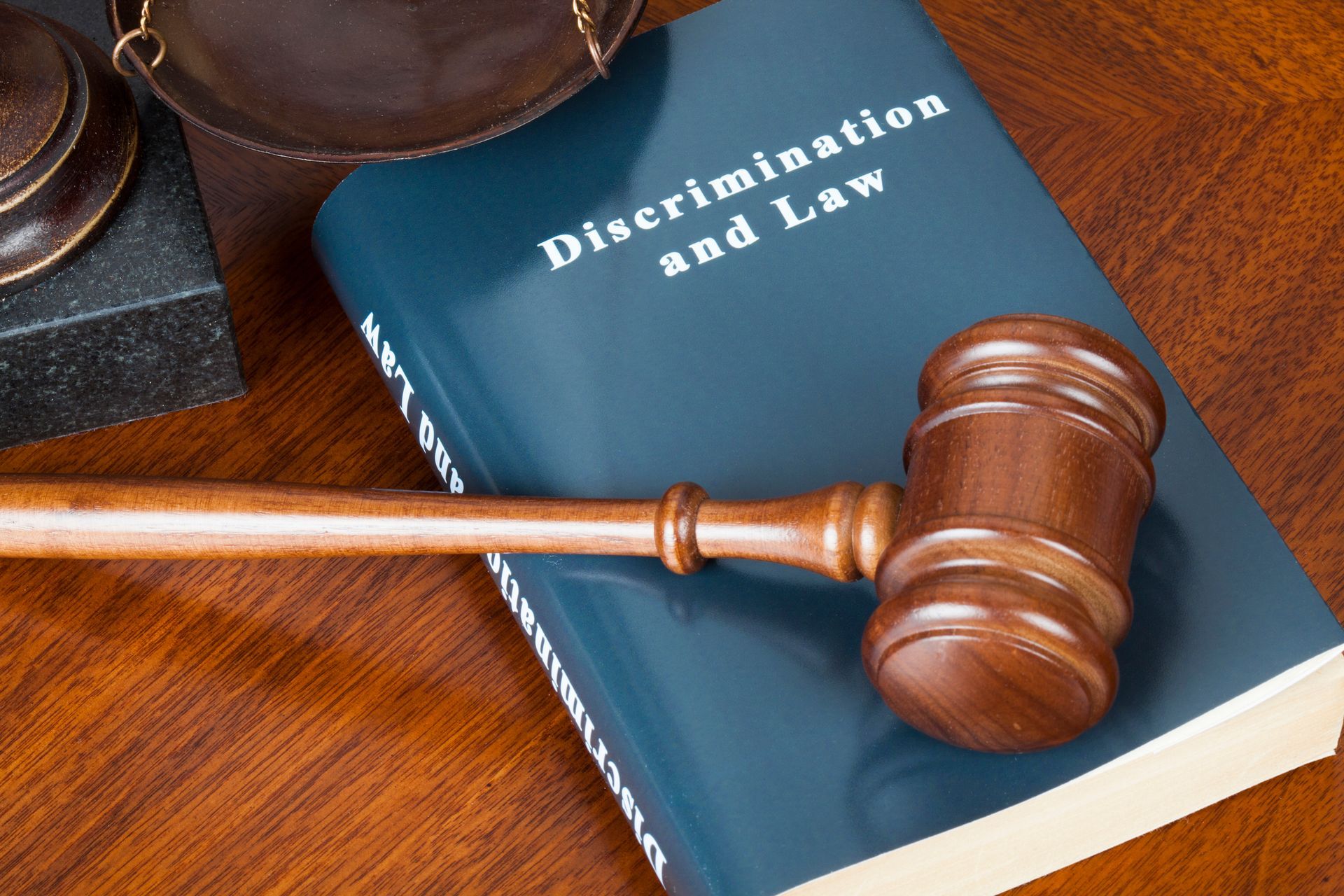Steps to Take If You Suspect Wrongful Termination

Although the state of Alabama follows at-will employment laws, employers can still be guilty of wrongful termination under certain circumstances. If you have recently lost your job, you may wonder whether your job termination falls under these circumstances. Below are some steps to take if you suspect wrongful termination.
Don't Retaliate or Vent
Resist the urge to retaliate against your employer. First, your actions might get you in legal trouble. Don’t tweet or post any informatory comments about your employer on social media or a message board. Secondly, you shouldn't do anything that might cast you in a bad light if you file a wrongful dismissal case. Everything and anything can come up during the lawsuit, including your actions after the dismissal.
Follow your employer's post-employment procedures. Return any company property, such as a car, badge, or laptop. Ask for a signed receipt or have a favorable witness present when you return the material. Two wrongs don't make a right.
Understand Reason for Firing
You should know the reason for your dismissal. The reason for the dismissal determines whether you have a wrongful termination case or not. Ideally, your dismissal letter should provide this reason. If not, contact your supervisor, employer, human resources, or any other relevant party with the information.
For example, you might not have a case if your boss terminated you because you were late too many times. However, you may have a case if others employees were late just an many (or more) times than you and those employees still have their job – or – you have a case if your boss fired you because you filed a worker's compensation claim after he or she warned you not to do it.
Review Your Contract
If you have an employment contract, review it for signs of a breach. Employment contracts typically stipulate the conditions for job termination. Find out whether you have an at-will contract, which allows the employer to release you at any time. If you are not an at-will employee, find out if your employer breached the contract. The company handbook is not a contract, but it is important piece of evidence so do not throw it away.
Review Applicable Laws
You should also review the rules relevant to your situation. Specifically, you should review:
- Your employer's hiring and firing rules
- Your employer's disciplinary measures
- The state's employment laws
- Federal Employment Laws
Contact an attorney to review these laws and regulations to help you assess the legality of your employer's action. Otherwise, you might instigate a wrongful termination claim where none exists.
Gather Evidence
Start to gather evidence as soon as possible. Don't let anyone know that you plan to file a wrongful termination claim. An employer in the wrong might interfere with your evidence collection if they know your plans. Here are a few tips to help you collect and preserve evidence:
- Save all letters and documents, both hard and soft copies, from your employer
- Get a notebook and record all your communications with your employer
- Make copies of past documents with warnings or disciplinary actions
- Think about your co-workers and their conduct– at its core, employment law is often about supervisors fairly applying the rules
Even as you gather evidence, don't take anything that belongs to your employer without permission. For example, never sneak or take sensitive information from your workplace — that might get you into trouble that is far worse than losing your job.
Many people find employment law complicated. Don't decide anything before you consult an employment lawyer. Allen D. Arnold Attorney at Law has a wealth of experience with employment law and practices in Alabama. Contact us for a consultation so that we can review the circumstances of your termination and advise you on the best way forward.
Alabama Rules of Professional Conduct Notice: No Representation is made that the quality of legal services offered is greater than that of other lawyers. The information contained on this website is not a substitute for legal advice, and reading it does not create an attorney-client relationship.









